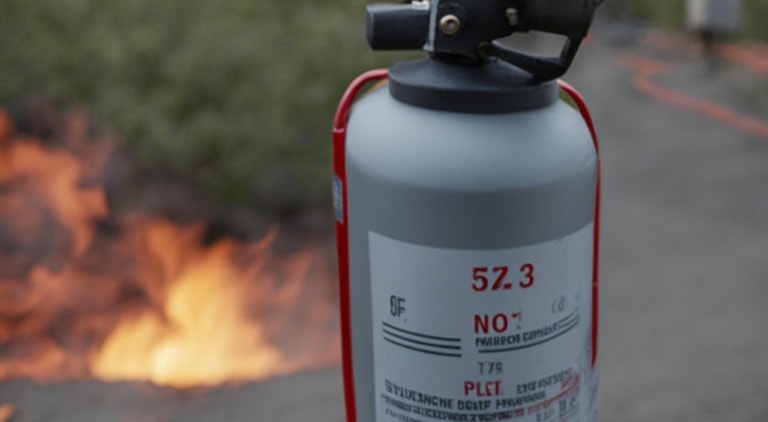
When fire smoke enters your lungs, it can cause a range of breathing problems, including coughing and shortness of breath. Inhaling smoke can irritate your air passages and even poison your body. It is important to take immediate action to protect your respiratory health and aid in recovery.
In this article, we will discuss effective strategies for dealing with smoke inhalation and keeping your lungs healthy.
Preventing Smoke Inhalation
To protect your respiratory health and prevent smoke inhalation, there are several steps you can take. Firstly, it is important to minimize your exposure to smoke. Avoid areas with poor air quality, such as areas affected by wildfires or heavy pollution.
If you live in an area prone to smoke exposure, consider investing in an air purifier for your home to filter out harmful particles.
In addition to reducing smoke exposure, incorporating respiratory protective plants into your environment can help protect your lungs. Plants such as thyme, ginger, turmeric, and functional mushrooms have properties that aid in detoxification and reduce inflammation in the respiratory system.
These plants can be grown indoors or outdoors, depending on your living situation and preference.
Preventive Measures:
- Avoid areas with poor air quality
- Invest in an air purifier for your home
- Incorporate respiratory protective plants into your environment
Furthermore, maintaining a healthy diet rich in antioxidants can support your respiratory health. Consuming foods high in vitamins A, C, and E, as well as minerals like copper, zinc, selenium, and coenzyme Q10, can help reduce oxidative stress caused by smoke exposure.
Respiratory Protective Foods:
- Fruits and vegetables high in vitamins A, C, and E
- Foods rich in minerals like copper, zinc, and selenium
- Foods containing coenzyme Q10
Lastly, practicing deep breathing exercises and increasing circulation can help keep your lungs healthy and aid in lung cleansing. Engaging in activities such as yoga or brisk walking can improve lung function and promote overall respiratory well-being.
Tips for Lung Health:
- Practice deep breathing exercises
- Engage in regular physical activity to increase circulation

Healing and Recovery from Smoke Inhalation
After experiencing smoke inhalation, it is crucial to prioritize healing and recovery. Taking proper care of your respiratory system during this time is essential for a successful recovery. Here are some care instructions to help you on your journey towards healing:
- Rest and Sleep: Getting plenty of rest and sleep allows your body to recover and regain energy. Ensure you create a comfortable and peaceful sleeping environment to promote a restful sleep.
- Use Cough Drops: If you have a dry or sore throat, soothe it by using cough drops or hard candy. These can help alleviate discomfort and provide temporary relief.
- Follow Prescribed Medications: It is important to take any prescribed medications, such as antibiotics or bronchodilators, according to your healthcare professional’s instructions. These medications can aid in the healing process and improve your respiratory function.
- Monitor Respiratory Function: Regularly monitor your respiratory function by using a spirometer or any other tests recommended by your healthcare professional. This will help track your progress and ensure that your lungs are recovering well.
By following these care instructions, you can support your body’s healing process and facilitate a smooth recovery from smoke inhalation. Remember to always consult with your healthcare professional for personalized guidance and treatment plans.
Natural Remedies for Smoke Inhalation
Alongside medical treatments, various natural remedies can provide relief from the symptoms of smoke inhalation. One option is using a saline nasal spray, which helps moisturize and soothe the nasal passages, reducing congestion and discomfort.
Another effective method is rinsing the sinuses with a neti pot, which helps remove foreign substances and further reduces congestion. This can be particularly helpful for clearing out the sinuses and reducing irritation.
Steam inhalation is also a popular natural remedy. Breathing in steam infused with therapeutic herbs like thyme or eucalyptus can help expel foreign substances, clear the airways, and alleviate sinus irritation. It provides soothing relief to the respiratory system and aids in the healing process.
Additionally, increasing glutathione levels can support the body’s antioxidant defenses and protect against oxidative damage caused by smoke exposure.
Dietary sources like kale and garlic are known to boost glutathione levels. Alternatively, there are glutathione supplements available that can be taken under the guidance of a healthcare professional.






